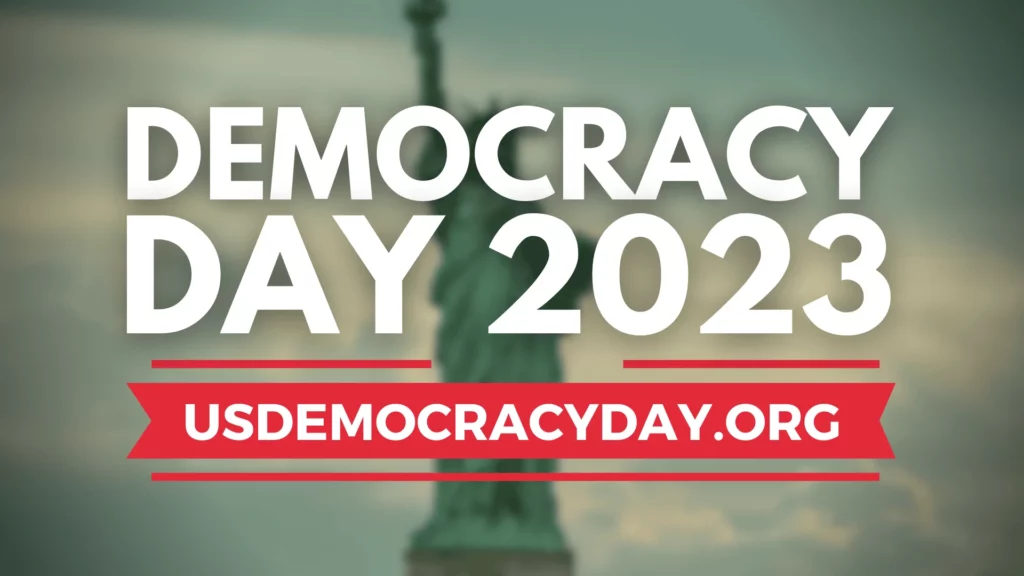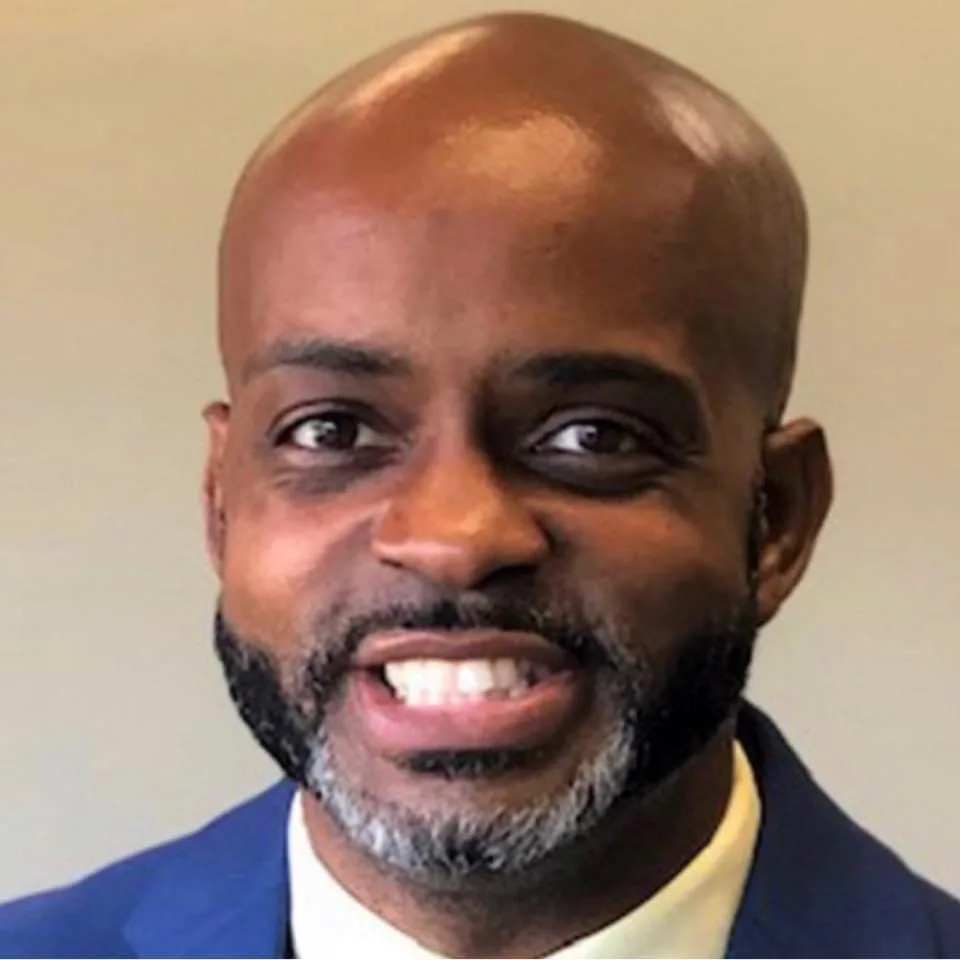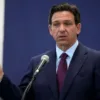Outspoken social studies teacher and historian Rodney Pierce has successfully submitted five applications to the state for historical markers commemorating Black historical figures, events and organizations. Pierce has opposed efforts by the state’s Republican-led General Assembly and others to restrict what he and his colleagues teach students about the nation’s history of racism.

Pierce, who teaches at Edwards Middle School in Rocky Mount, sees the historical markers as a way to empower students and others with the belief that they can “change the world” despite their circumstances.
On Saturday, the fifth marker will be unveiled in the tiny town of Seaboard, in Northampton County, to honor Nicholas Franklin Roberts, a prominent religious and educational leader during the late 1800s. Roberts is the great-grandfather of Virginia Congressman Bobby Scott, who will attend the unveiling ceremony for the NC Highway Historical Marker.

NC Newsline caught up with Pierce this week to discuss his passion for democracy, historical markers and students. Pierce’s comments have been edited for length and clarity.
Tell me about your work with historical markers, and why you think they’re important.
Well, my work with markers is a passion project. I’m a history buff. When I started learning about things that happened in my county [Halifax] that I hadn’t been taught in school, I thought that one of the ways that I could teach it was to bring it into the classroom. So I did that. But you know, you forget a lot of the things learned in class. Well, one way I can teach students and the community as well is through historical markers, particularly those that commemorate African-American history in my county and in my region of North Carolina. History empowered me and it allowed me to not be fooled by people who say certain things because I know the history behind what they may be talking about. History enlightened me and empowered me and what I hope to do with the markers is to enlighten people, empower them and encourage them. It’s important for young folks to know that there are people who came from the same communities who did not have at their disposal the resources that they [youth] have today but still managed to change the world for the better. They’re capable of doing the same thing. History to me is empowerment.
So, you shared that you are a social studies teacher. How do you explain democracy to students?
Democracy comes from the Greek. The DEMO part of it comes from demos, which means people and the CRACY part comes from cradles, which means power. So, democracy is literally supposed to be people power or power to the people. And so, I tell students that they are empowered because they have the right to vote at a certain age in this country and to elect the people who are going to represent them on the state, federal and local levels. I tell them to not abuse that power and don’t infringe on anyone else’s power. This is truly supposed to be about power to the people. And I want them to pay attention to that kind of stuff.
I’ve tried to teach students that they actually have a lot to say. We can say what we want to as teachers, as school administrators, as reporters who cover politics, such as yourself, but who are these things really affecting on a daily basis more than anyone else? They’re affecting kids, their parents, their families, their communities. And so that to me, is what democracy is supposed to truly be about: Empowering people to determine the conditions affecting their lives on a daily basis.
How would you assess the health of our democracy?
It is definitely on the decline. There’s so much political polarization between Democrat, Republican, progressive, or conservative, liberal or whatever terms you want to use. We’re very divided and that’s the crazy thing, because we love to call ourselves the United States of America. Sometimes, we’re the furthest thing from “united.”
One of the reasons why democracy is on decline is that we don’t consider other people’s point of view. We only think about ourselves, and we’re all guilty of that.
And I think we’re in a decline because we’re not considering the impact of policies or decisions that are made. Decisions to expand Medicaid, fully fund our public schools, pay people a living wage and not just enough to get by, but paying them a living wage where they can take care of families, save money and make investments, impact people’s lives.
I just think we don’t care about each other enough. I think that’s the issue whether it’s because of gender, political party, race, ethnicity, religion or whatever labels we use to classify and categorize each other. Because you don’t look the way I do, because you’re not from the same community of people that I’m from, because you don’t live where I live, I can’t empathize with you. I’m guilty of it, because I’ve felt that way about different issues towards different groups of people.
You paint a rather bleak picture of the state of our democracy. You work with young people every day, so my question for you is, do you see any signs of hope in them?
If they get off their devices, yes.
I try to be realistic when I talk to them [youth] about the state of the world. I’m always going to see hope in them because they don’t think like we do. They look at things totally different and sometimes they tell you stuff that you have never considered.
My own children do that with me. I’ll hold a certain position when it comes to some issue, and they’ll bring up a different point of view that I never considered. They don’t think like we do, and they definitely don’t act like we do and that gives me hope for the future. When the different human rights movements were going on in our country, who were they led by? They were led by young people. Listen to the youth. They’re a lot smarter than we want to give them credit for.
What would you say to today’s leaders about the state of democracy and the steps they must take to preserve it?
I would ask them: Do you truly want to empower people? Do you truly want to empower all people so that things are equitable, diverse and inclusive, and everybody can have a voice at the table? Or do you just want to empower a certain group of people that you agree with politically? Why make voting harder? It should be easier. Why not make Election Day a federal holiday?
We’re gonna have disagreements. We’re gonna probably have shouting matches. But the whole thing about politics is we have to have consensus. It’s like a marriage. We’re going to be here, so if we decide to stay together, we’ve got to get along.


